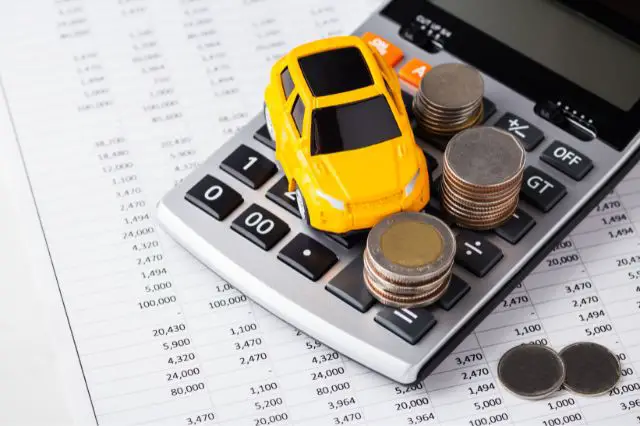Lease or Buy? Understanding the Financial Impact on Your Budget

In the realm of personal finance, few decisions carry as much weight as whether to lease or buy a vehicle. The choice between leasing and buying can have a significant impact on your budget, lifestyle, and long-term financial goals.
With a plethora of factors to consider, from upfront costs to long-term commitments, making an informed decision is crucial.
In this blog post, we’ll delve into the financial implications of leasing versus buying a car, exploring the pros and cons of each option and how they can affect your bottom line.
Leasing: The Appeal of Flexibility
Leasing a car has become increasingly popular in recent years, and for good reason. The allure of driving a new vehicle every few years without the burden of long-term ownership can be enticing.
With a lease, you’re essentially paying for the portion of the car’s value that you use during the lease term, typically two to three years. This often translates to lower monthly payments compared to financing a purchase.
One of the primary benefits of leasing is the ability to drive a higher-priced vehicle for less money upfront. This can be particularly appealing for those interested in luxury or electric vehicles, such as the Tesla Model 3.
With attractive Model 3 lease deals available, leasing can provide access to cutting-edge technology and features without the hefty price tag associated with buying outright.
Understanding the Costs of Leasing
While leasing may offer lower monthly payments and upfront costs, it’s essential to understand the full financial picture. Lease agreements often come with mileage restrictions, typically ranging from 10,000 to 15,000 miles per year.
Exceeding these limits can result in additional fees at the end of the lease term, making it crucial to accurately assess your driving habits before committing to a lease.
Furthermore, leasing a vehicle means you won’t build any equity in the car. Unlike buying, where each payment contributes to eventual ownership, leasing leaves you with nothing to show for your payments once the lease term ends.
For some, this lack of ownership may be a drawback, especially considering the potential for additional charges for excessive wear and tear on the vehicle.
Buying: Long-Term Ownership and Equity
On the other hand, buying a car offers the allure of long-term ownership and the potential to build equity over time. With each payment, you’re one step closer to owning the vehicle outright, providing a sense of stability and control over your transportation costs.
Additionally, buying allows for greater flexibility in terms of customization and usage, without the restrictions typically associated with leasing agreements.
For those interested in electric vehicles but hesitant about the commitment, buying can offer peace of mind. While lease deals may provide access to vehicles like the Volkswagen ID Buzz at a lower monthly cost, buying allows you to enjoy the benefits of electric driving without the limitations of a lease agreement.
Evaluating Your Financial Goals
When weighing the decision to lease or buy, it’s essential to consider your individual financial goals and circumstances. Leasing may be an attractive option for those who prioritise low monthly payments and the ability to drive a new vehicle every few years.
However, buyers looking for long-term ownership and the potential for equity may find buying to be a more appealing choice.
Ultimately, the decision between leasing and buying comes down to personal preference, lifestyle, and financial considerations. By carefully evaluating the costs, benefits, and long-term implications of each option, you can make an informed decision that aligns with your budget and goals.
The Importance of Research and Negotiation
Before making a decision on whether to lease or buy a vehicle, it’s essential to conduct thorough research and explore all available options. This includes comparing lease terms, financing rates, and incentives from various dealerships and lenders.
Additionally, don’t hesitate to negotiate the terms of your lease or purchase to ensure you’re getting the best possible deal. With a bit of diligence and negotiation skills, you can maximise your savings and make a decision that aligns with your financial goals.
Remember, the more informed you are, the better equipped you’ll be to make a decision that’s right for you.
Conclusion
Leasing or buying a car is a significant financial decision that requires careful consideration. Whether you’re enticed by the allure of flexible lease terms and low monthly payments or prefer the stability of long-term ownership and equity, understanding the financial impact is crucial.
With factors like Model 3 lease deals and the appeal of electric vehicles like the Volkswagen ID Buzz in the mix, weighing the pros and cons of each option is essential for making the right choice for your budget and lifestyle. By evaluating your priorities and financial goals, you can navigate the lease versus buy dilemma with confidence and clarity.
